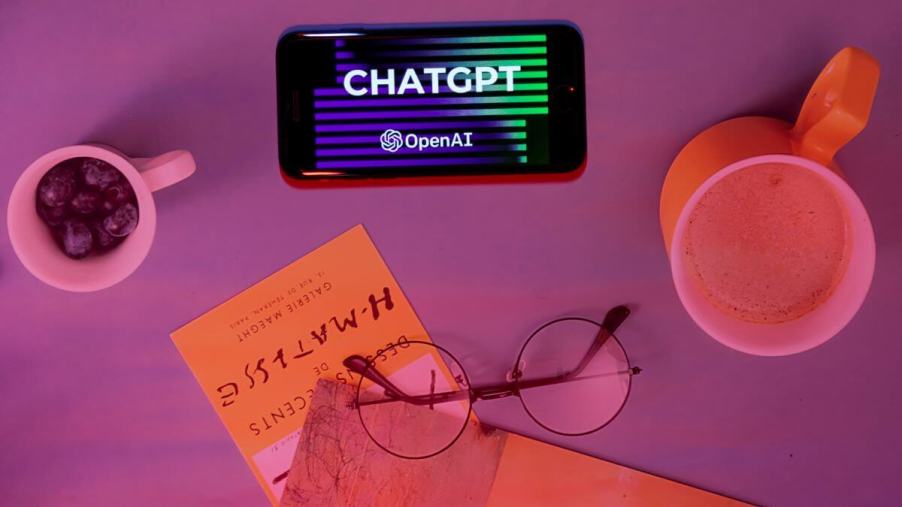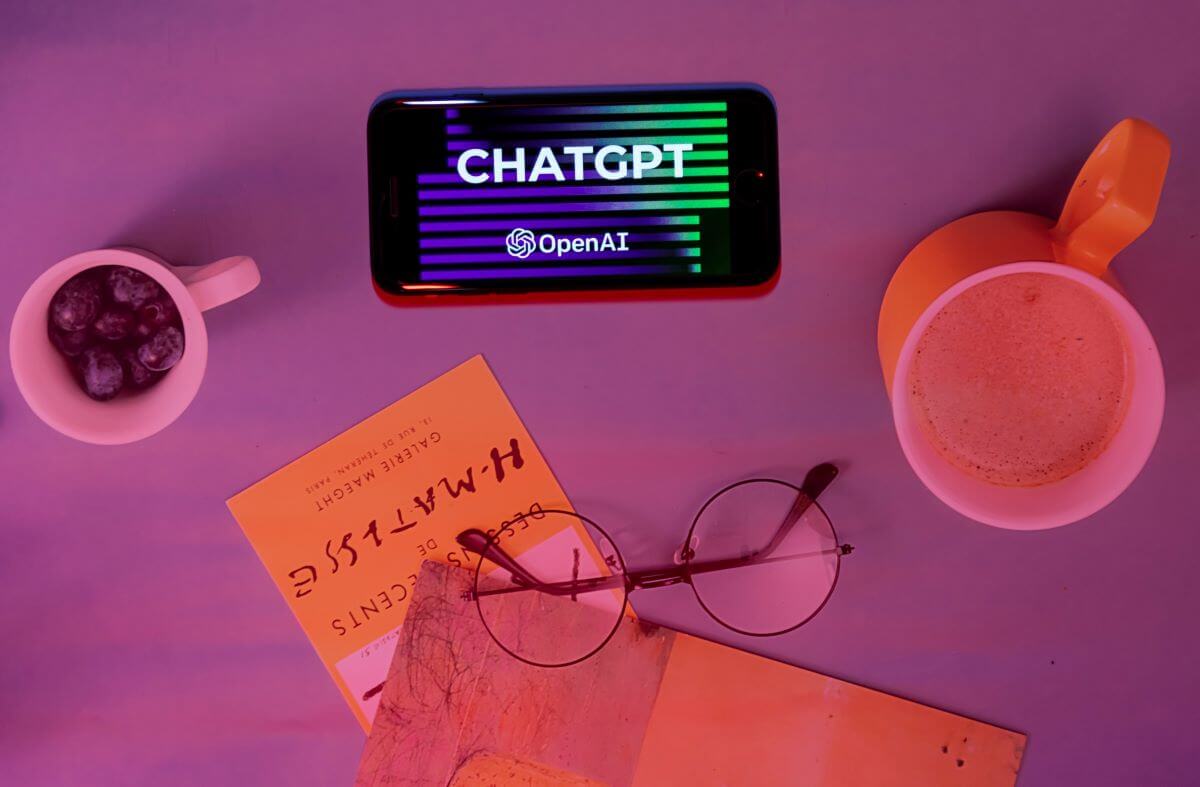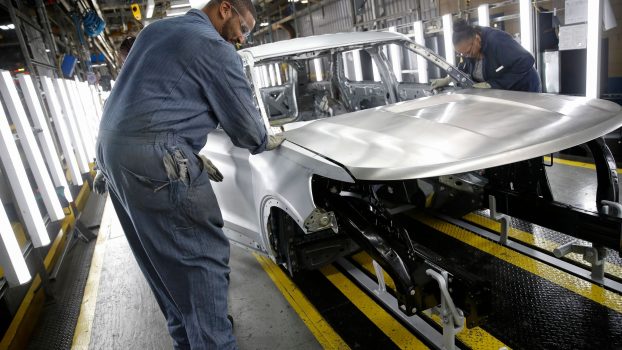
How AI Like ChatGPT Could Impact the Way Consumers Buy Cars
Artificial intelligence (better known as AI) is changing the way we shop and interact with technology, and the automotive industry is no exception. From marketing cars to providing customer service over AI-generated chatbot conversations, automakers are leveraging AI to make car buying easier for consumers. Let’s look at how AI, like ChatGPT, is revolutionizing part of the auto industry.
AI-generated ad copy and ChatGPT
One of the most significant ways automakers implement AI in the metaverse is through AI-generated ad copy. Fiat Chrysler, for example, has been using ChatGPT to create ads for its vehicles that are both personalized and engaging, according to Axios. The ChatGPT algorithm produces ads by analyzing data from previous campaigns and then tailoring them to specific buyers without human input. This allows Fiat to target different types of customers with more detailed ads while also saving time and money on producing them.
Kia Motors has also jumped on board with this trend by using ChatGPT to generate descriptions for its vehicles that are accurate, concise, compelling, and tailored to each buyer’s interests. By leveraging this technology, Kia can ensure its ads reach more people while increasing sales due to their relevance and effectiveness.
Can AI mimic salespeople?

The short answer is yes. Car dealerships have long relied on salespeople to inform customers about their vehicles and help them make purchasing decisions. However, with the rise of AI in auto retail, some dealerships are now turning to AI instead of humans when it comes to helping customers find the right car or answering questions about vehicle features and pricing options. For example, some dealerships now offer virtual sales assistants powered by ChatGPT that can mimic human conversations to give customers quick and accurate answers. This allows dealerships to save time and money while providing an excellent customer experience.
On the other hand, NADA states, “Technology on its own is not quite ready to pick up on human nuances, and in many cases, can even frustrate potential customers. Just think of all the times you’ve tried to bypass an automated phone system to speak to a live customer representative.”
Shopping and ownership experience
Thanks to advancements in artificial intelligence technology, consumers can now use chatbots during every stage of their car shopping process—from researching models online to ownership after purchasing. For example, shoppers can use chatbots equipped with natural language processing capabilities during their research stage to get answers quickly without speaking directly with a salesperson or navigating complicated websites filled with information overload.
Is AI changing the way we buy cars?
In a sense, yes. The way we buy cars is changing. Today’s advances in artificial intelligence have opened many possibilities for the automotive industry—from marketing cars through AI-generated ad copy to mimicking car salespeople through virtual assistants powered by ChatGPT —and have made it easier than ever for consumers shopping for vehicles online or in person.
Although there still may be some drawbacks associated with today’s artificial intelligence technology, such as privacy concerns or potential job losses due to automation, it looks like this trend will continue. We think automakers will continue leveraging these technologies to improve customer satisfaction and increase overall sales.




